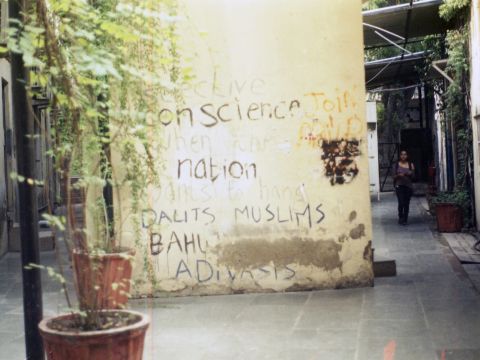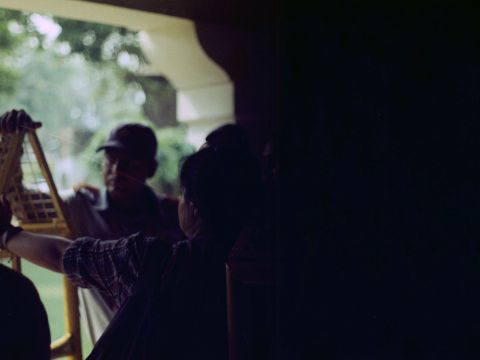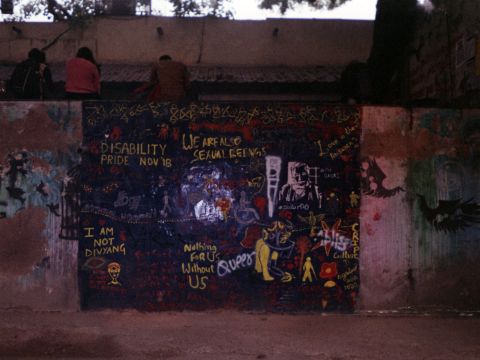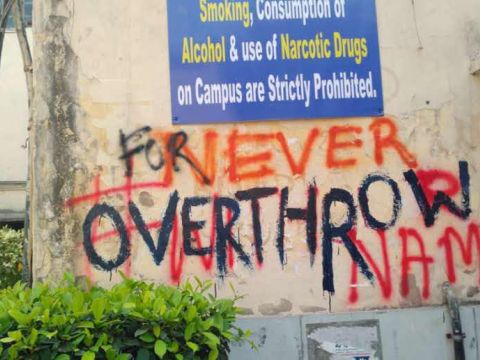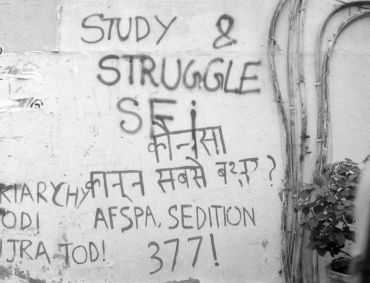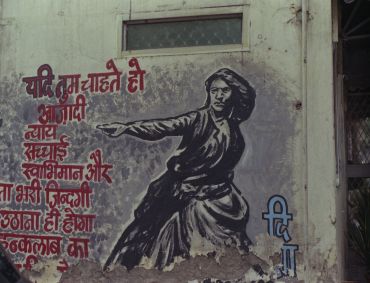Inquilab Zindabad: A Culture of Debate and Dissent (2)
Ambedkar University is no longer the fairly progressive university space that stood out amongst its counterparts across the country it used to be -- as a space for critical thought and oriented towards social justice. This was because its community - working class, dalit, adivasi, bahujan, queer, disabled, women students, faculty and staff, had fought hard to make it so. As a university that charges an exorbitant fee for a public institution and barely has anti-discrimination policies for marginalized communities, for AUD to lay claim on Ambedkar's radical legacy was already a stretch. Today, it has become almost unrecognizable to me three years later. Fee-exemption policies for students of marginalized castes or with disabilities are on the chopping block, while the democratic, progressive policy for the prevention of sexual harassment has been done away with, and there are continued attempts at scuttling the constitutionally granted affirmative action policies for marginalized castes and tribes. Students and faculty alike have faced the brunt of a vindictive administration that seeks to enact the agenda of the fascist ruling party while silencing all forms of dissent.
In a way, I ended up documenting what this space, with all its internal contradictions, the possibilities that it represented, and all that it meant to its students, has now lost. Embodied by the graffiti, the tearing down of walls and subsequent whitewashing came to represent the beginning of a dark new period in the history of our university. I’m grateful I got the chance to see what it used to be, and also for the ability to show the world.
Inquilab Zindabad is a Persian phrase, which translates to "Long live the revolution".
Soumya Jayanti
Delhi
India
